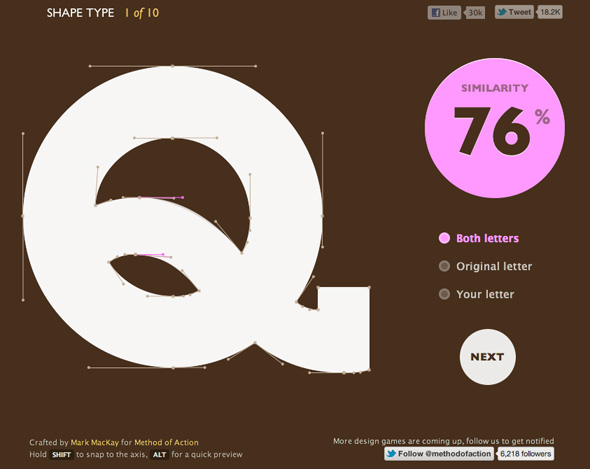 Photo by Jayde GardinaAnya Kamenetz began as a financial reporter and stumbled into a movement. Her work on a series for the Village Voice (which turned into the book, Generation Debt) opened her eyes to the pitfalls of student loans and bloated mortgages. Driven by her findings, Kamenetz penned DIY U and free ebook The Edupunks Guide to help offer alternative solutions to what has unequivocally become the norm in America:
Photo by Jayde GardinaAnya Kamenetz began as a financial reporter and stumbled into a movement. Her work on a series for the Village Voice (which turned into the book, Generation Debt) opened her eyes to the pitfalls of student loans and bloated mortgages. Driven by her findings, Kamenetz penned DIY U and free ebook The Edupunks Guide to help offer alternative solutions to what has unequivocally become the norm in America:
Rack up student debt on a bachelor's (and now usually a master's) degree, attempt to get a job, once you do, make a small down payment on an expensive house, hope that eventually you'll make enough money to repay everything and live comfortably.
Obama's recent plan to lower maximum required payments and forgive remaining debt after 20 years instead of 25 has translated into a flurry of activity for Kamenetz. And now that she's expecting her first child, this already-complex examination of learning in America has suddenly become even more personal.
So to begin--what would she want her kid's education to look like? "There's that natural process of kids being curious and wanting to explore different things," Kamenetz says. "...I guess I'd just want to continue that once they're in school."
"In this country," she continues, "we like having someone, some agency, tell us what jobs there are--and how many." Though it's no secret that many of the jobs students are currently prepping for may no longer exist. Which is why Kamenetz believes that encouraging other modes of learning, focusing on the things one wants to learn can absolutely segue into a real living.
"That's where places like 3rd Ward come in. You're not going to get the training to become a union-certified welder, but you'll learn how to make something." Being able to create things for yourself (and possibly even sell), Kamenetz explains, can also lead to the cultivation of a bartering community.
Meanwhile, a thread running beneath the conversation on mainstream education is that it needs to find a way to simultaneously become less expensive while better subsidized. No easy feat given the current economic climate.
Though a plus side to this economic crisis, Kamenetz believes, is that we're finally looking at problems and trying to find solutions. "Before the economy crashed, people really weren't that worried about their loans. They'd say 'We'll have the money later,' or 'College is a privilege, for privileged kids.'"
So while some changes, mainly subsidies, do need to happen at the government level, we are beginning to shift the way we look at the necessity of a four-year degree--and in that, are striving to find job satisfaction doing things we truly love. Idealism? Of course. Possible? Most definitely. We believe a fine way to start is to become part of the conversation. Which is why Kamenetz, ever the journalist, is looking to speak specifically with people who have left behind corporate careers to participate in more creative endeavors. We know you're out there (and so does she) so drop her a line, impart yourself in the dialogue, take a second look at a system that's unquestionably flawed--and with all hope, get to work doing what you truly want to do.
--Layla Schlack
 Dec 19, 2011 Tweet
Dec 19, 2011 Tweet 
 Email tagged
Email tagged  Design,
Design,  Education,
Education,  Go Here Now,
Go Here Now,  interactive media,
interactive media,  typography
typography 





